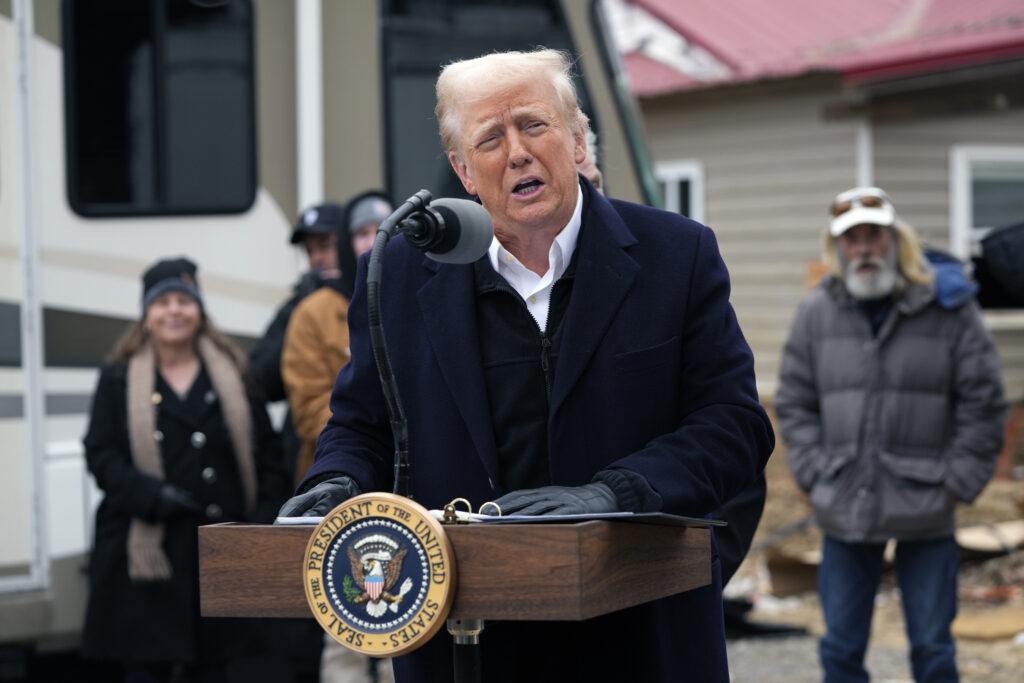
A federal judge halted provisions in President Donald Trump’s anti-voting executive order issued earlier this year, saying that the 19 states challenging the order have shown a “substantial risk” that it would disenfranchise eligible voters.
District Judge Denise Casper, who was appointed by President Barack Obama, ruled that two key provisions in the order — Trump’s attempts to require proof of citizenship on a federal registration form and to prevent states from counting mail ballots received after Election Day — would unduly burden states.
These steps, the judge wrote, “would burden the States with significant efforts and substantial costs to revamp voter registration procedures and would impede the registration of eligible voters, many of whom lack ready access to documentary evidence of citizenship.”
By forcing people to obtain citizenship documents, Trump’s order appears likely to disproportionately disenfranchise Black and poorer Americans,” Casper wrote.
Casper also wrote states showed that the contested requirements in Trump’s order “could create chaos and confusion that could result in voters losing trust in the election process.”
The judge’s preliminary injunction is now the second court ruling against Trump’s order.
In April, District Judge Colleen Kollar-Kotelly, an appointee of President Bill Clinton, ruled against several parts of Trump’s order in lawsuits filed by the Democratic Party and pro-voting organizations, saying it vastly exceeded the scope of the president’s constitutional powers.
The Department of Justice later said it would not appeal Kollar-Kotelly’s order and agreed to allow the lawsuit to head to summary judgment.
However, the Republican National Committee (RNC) last week filed a motion to intervene and defend parts of Trump’s order. Kollar-Kotelly partially granted the RNC’s motion Thursday.
This story has been updated with additional information throughout.
